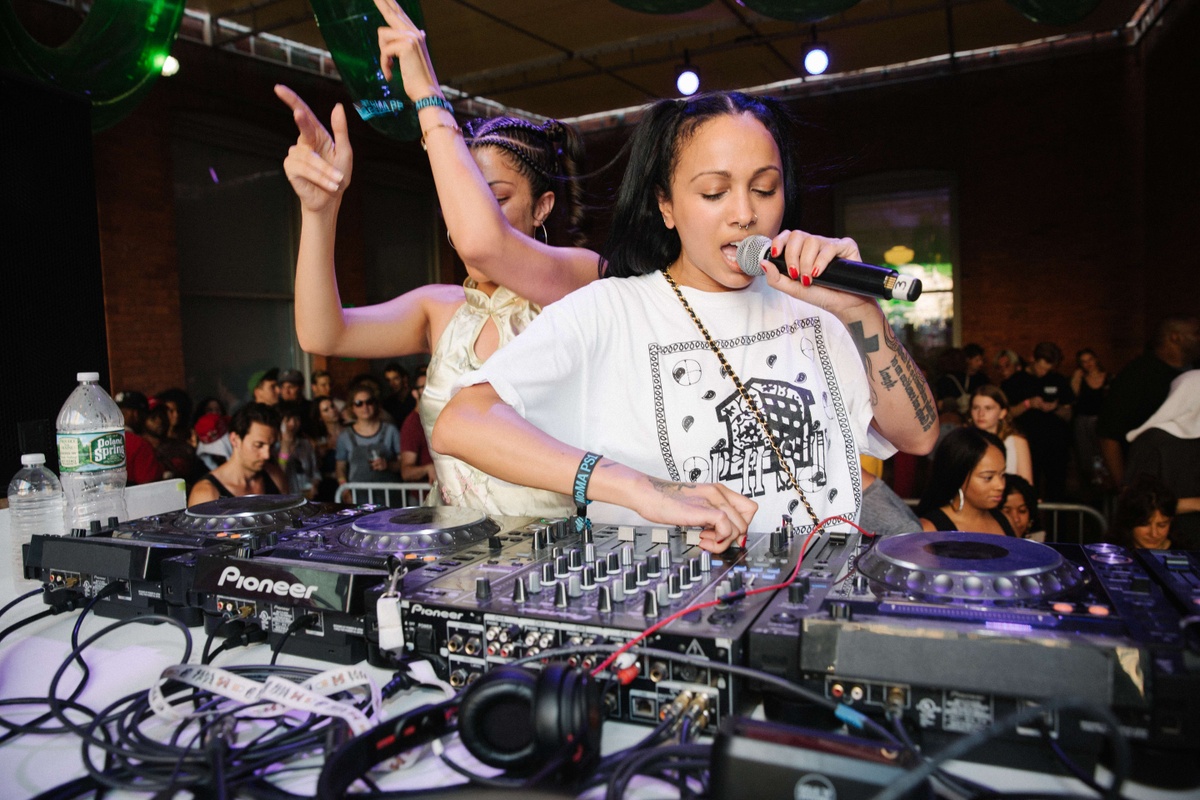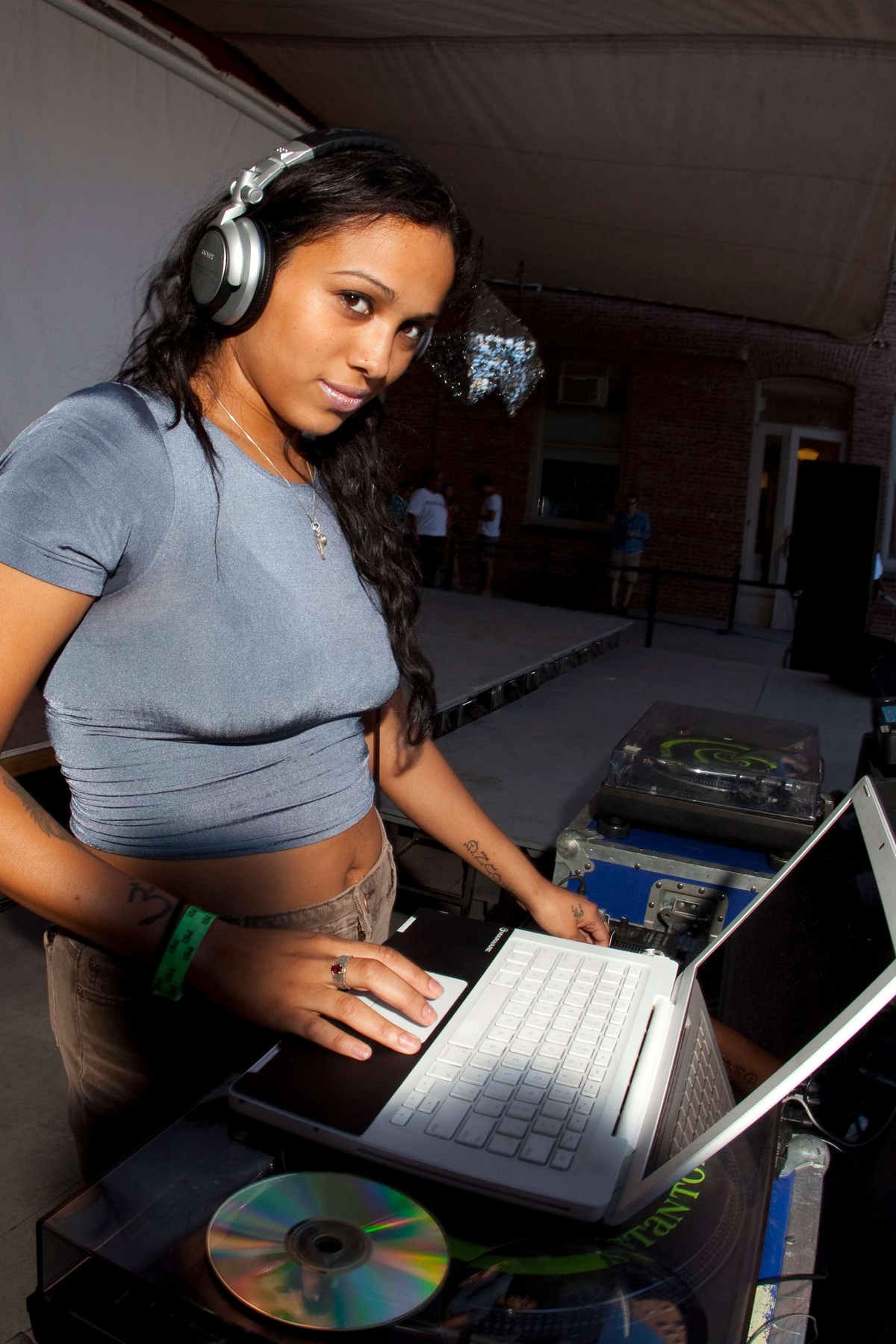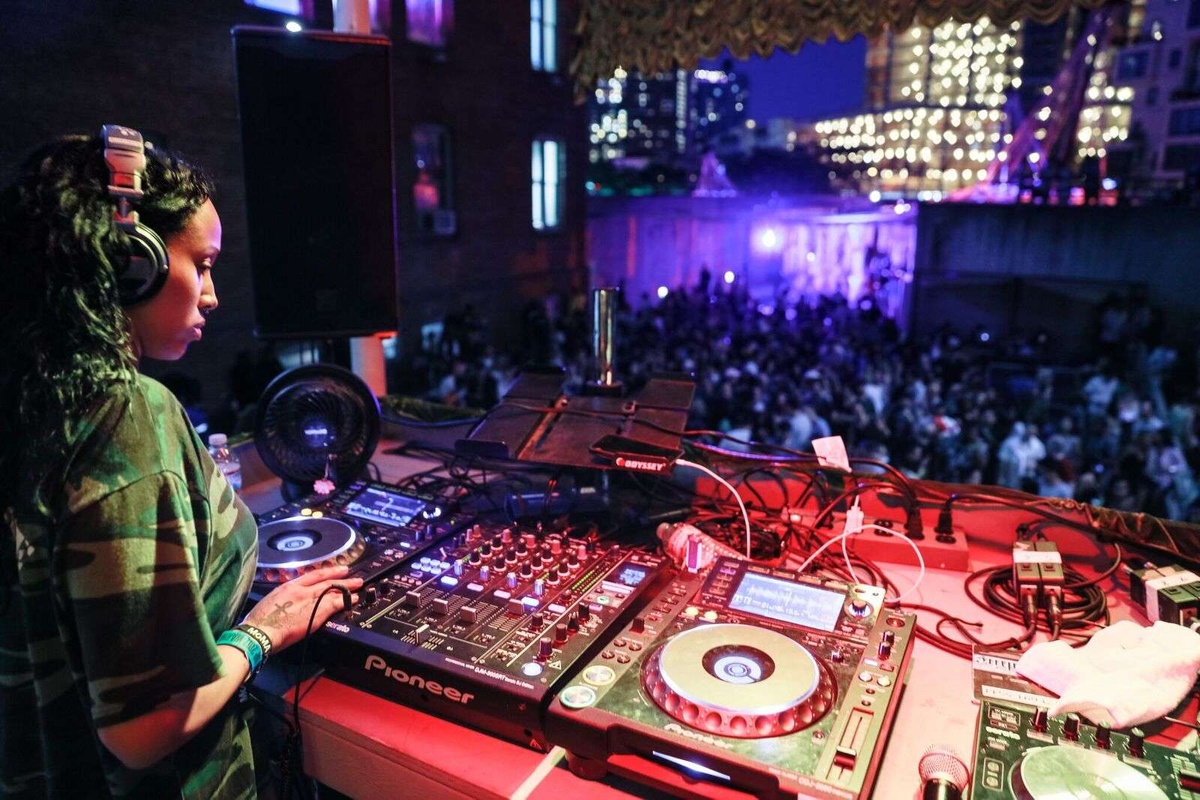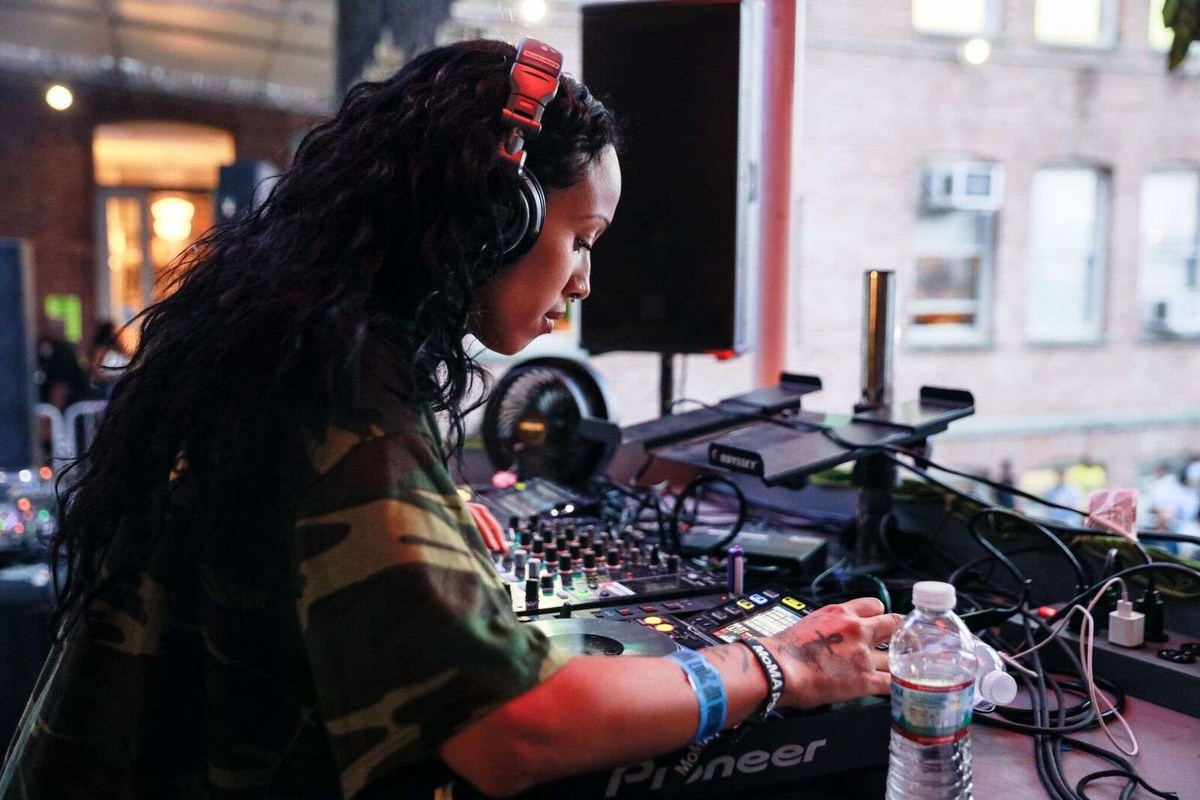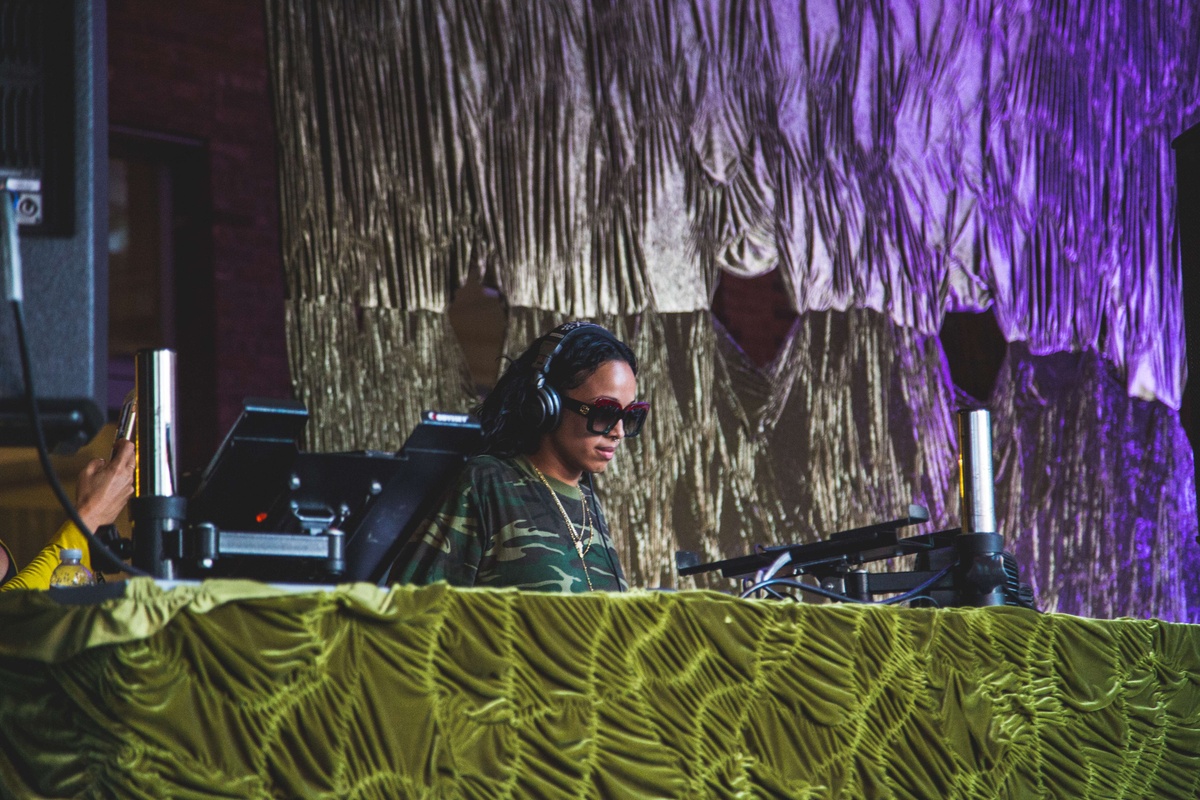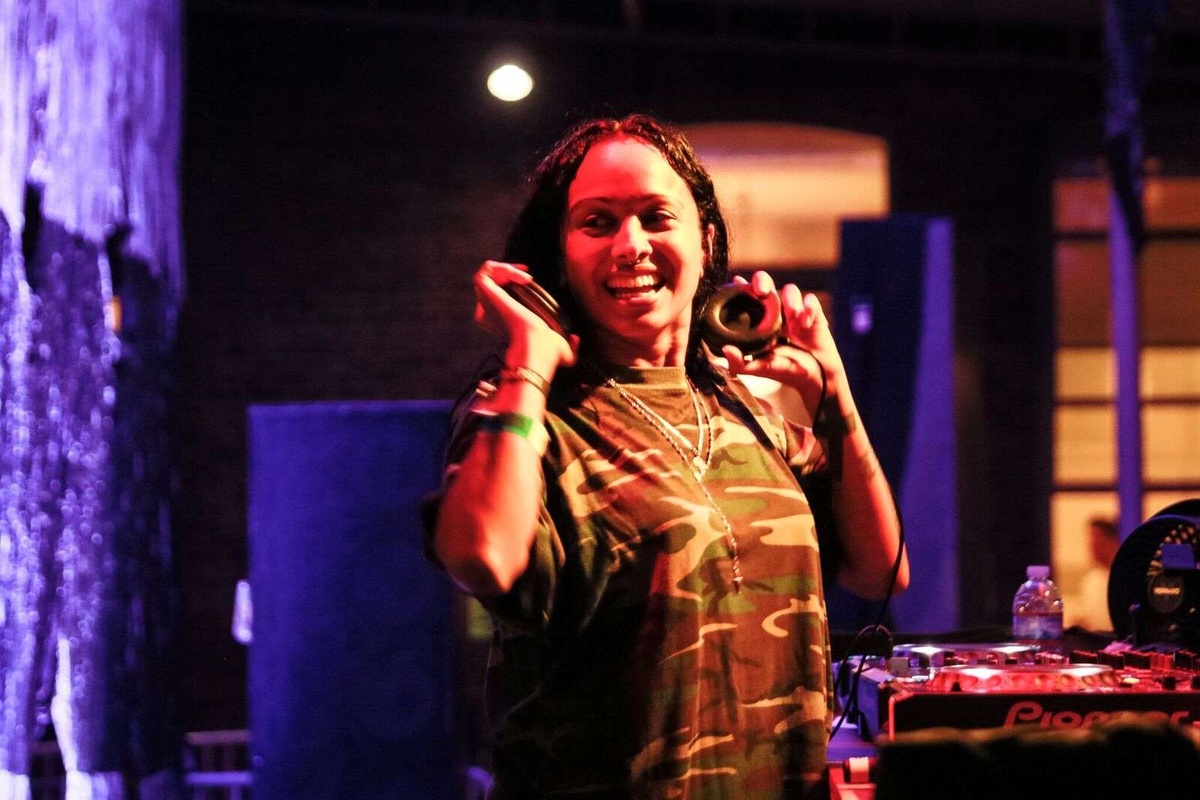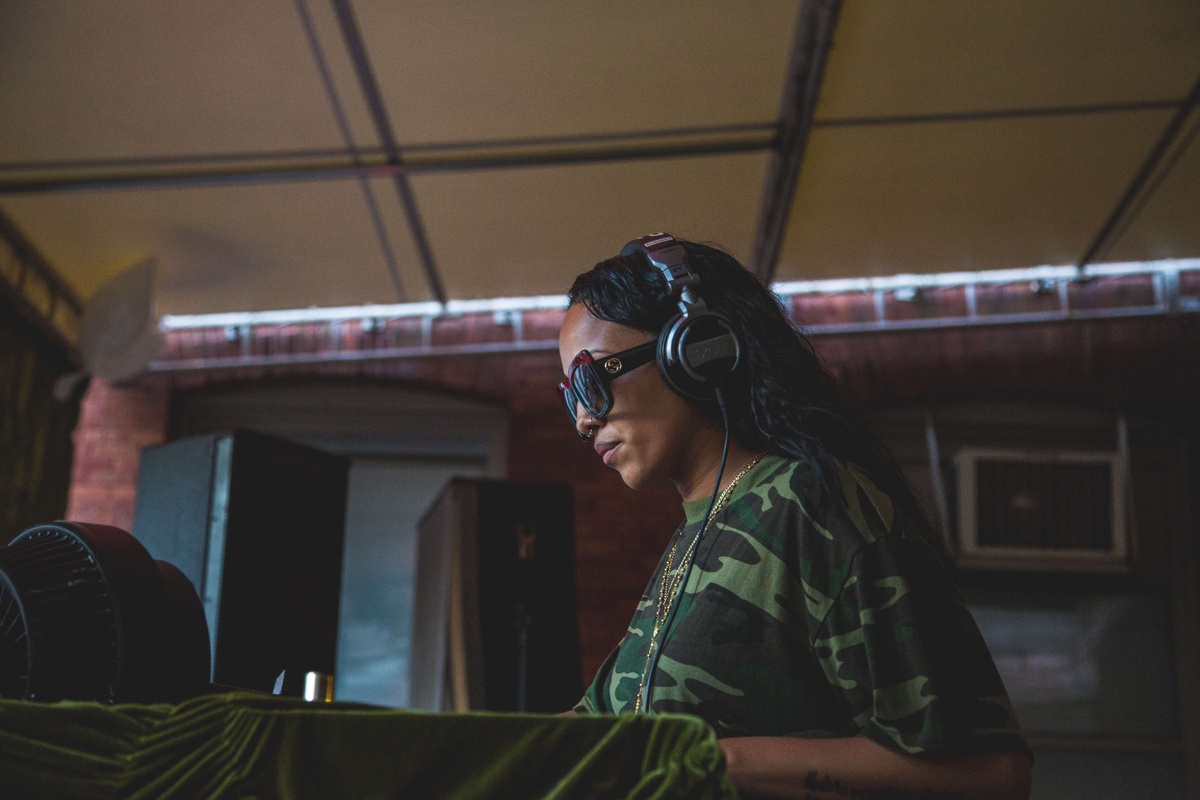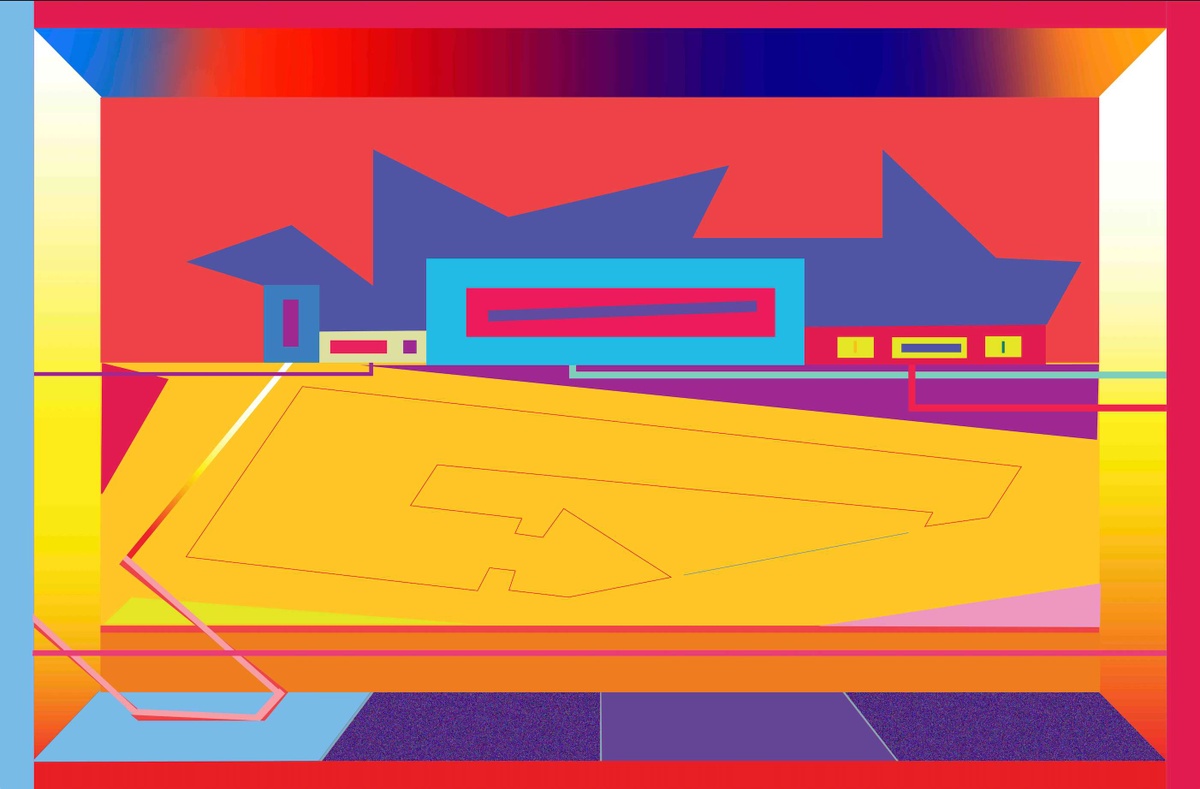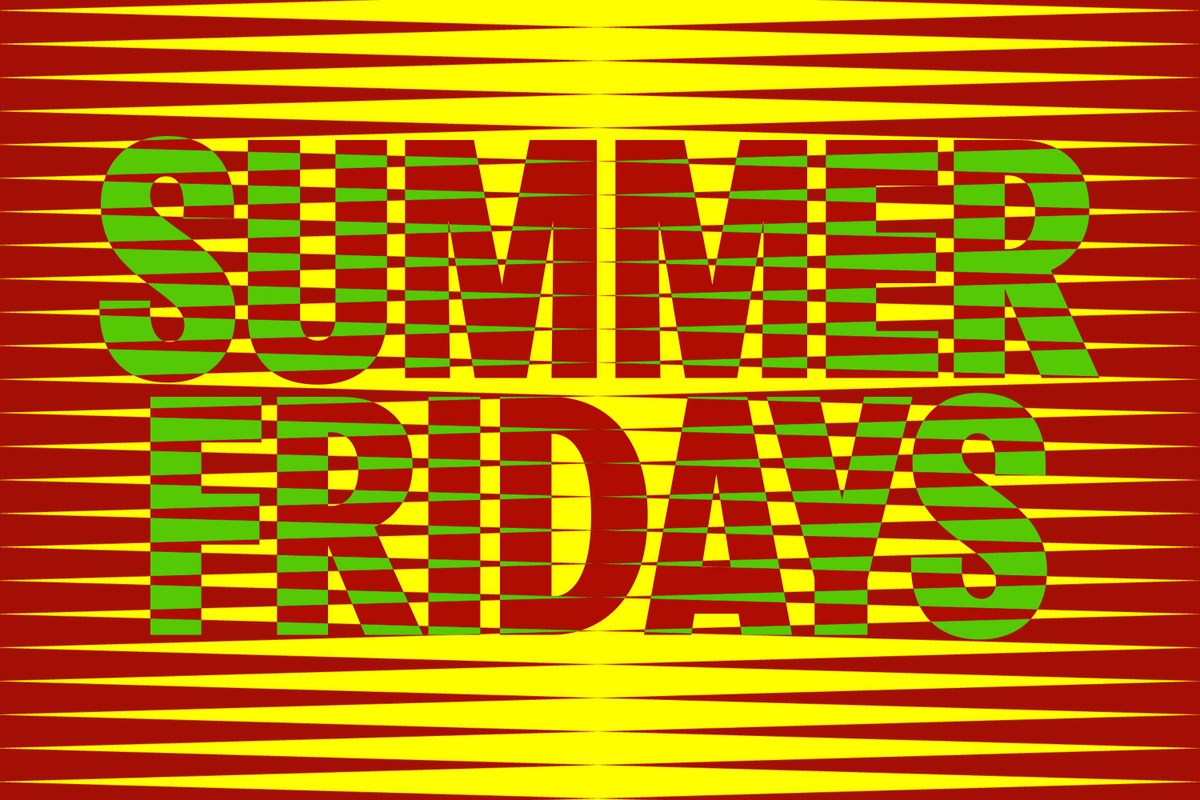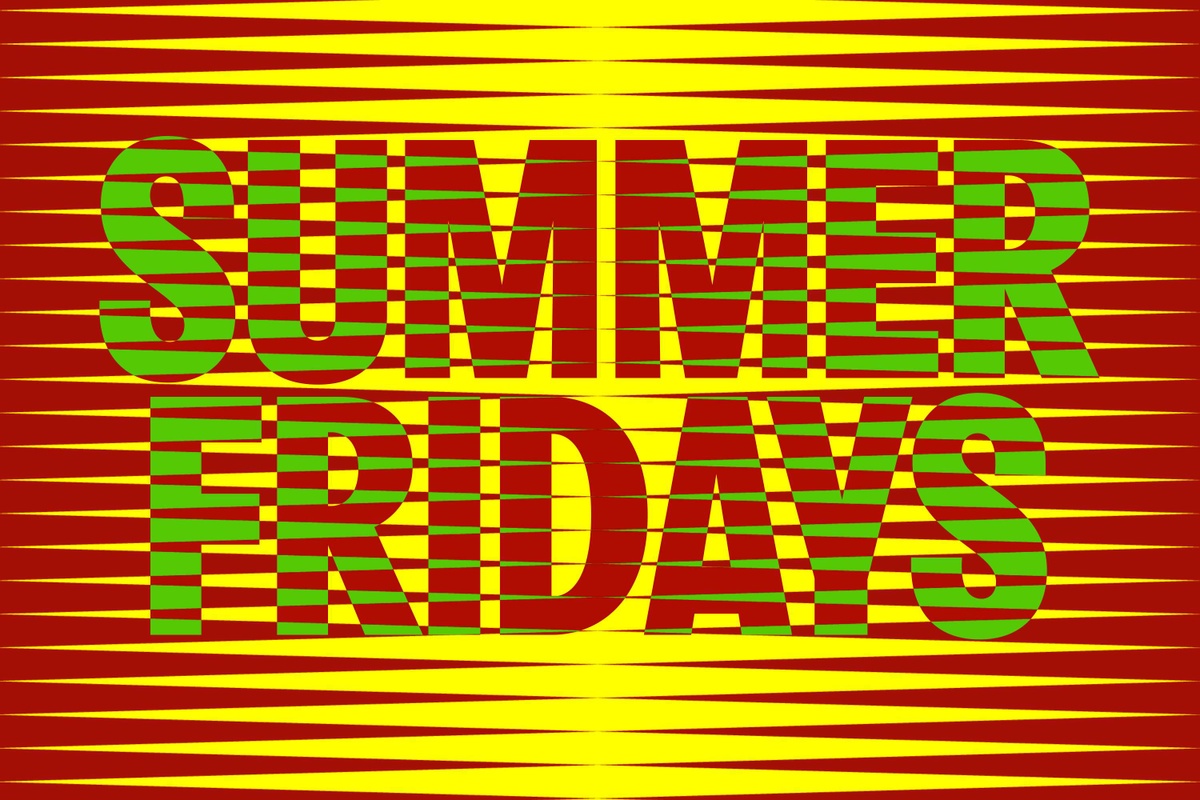Venus X
- Interview
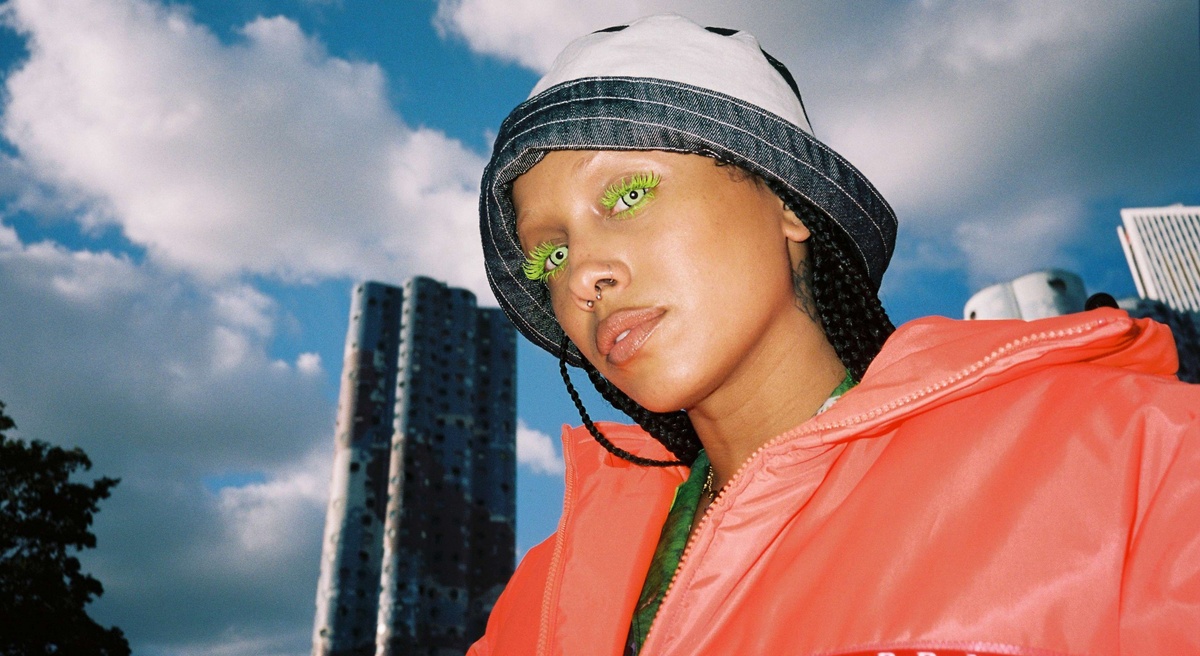
As a DJ, Venus X isn’t afraid to draw widely—from Dominican dembow, local underground rap, Turkish techno… you might even catch a bit of Al Jazeera in there. She’s a beloved Warm Up DJ (gracing us in 2010, 2017, and 2018), and on Friday, August 12, she’s BACK for Summer Fridays, our curated series of DJ sets in August! Grab a ticket to reserve your spot (it’s free with admission!).
In preparation for the set, Venus X sat down with Assistant Curator Kari Rittenbach for a conversation about the ✨ created between DJs and audiences on the dance floor.
How would you describe the experience or energy of returning to live performance post-pandemic?
The experience has been slow but beautiful. I’ve been performing for more than a year (since May 2020) but it’s hard to feel very “normal.” There are new crowds, new spaces. For someone like me who had so much invested in nightlife and parties before the pandemic, I’ve had to reorient myself towards what is a new chapter in everyone’s life.
It’s not just a DJ gig. A lot of people get a lot of energy from the parties that we go to. I didn’t realize what kind of impact my work (as a DJ, promoter, curator) has had on people until we came back and I noticed that everyone is re-learning the social atmosphere of parties. It’s almost like chiropractic work–on other people and yourself! You want to be a good instrument for this kind of social experience that involves your body and your mind. It’s hedonistic! Moving your body is a shamanistic practice, a tribal tradition.
It was like I was running through life before, and now I’m walking. I realize there’s a lot of responsibility in being the keeper of the night. I feel as if I were just a kid before, and now I am a wise woman who understands the trade. I’m adapting to really knowing what I’m doing. I have to educate myself and people about music to maintain that excitement and be able to share that joy with people.
You never know when the world is going to shut down again. The stakes are so much higher. I don’t even want to be at the club if I’m not having a good time. Because being there is dangerous. I was living so fast before, and didn’t exactly have a sense of what I was doing. Now I do.
What kind of exchange do you get from a live audience?
All your relationships should have a certain level of reciprocity. And you don’t really understand that until you’re older. As a DJ, I used to be a little bit overly ambitious, and would show up without really understanding where the audience was. When it comes to my relationship with an audience now, I try to meet them where they’re at.
You get to show up in different ways in different spaces, and you can pull the crowd in the direction that you want to take them. If you start from a point of distance, without understanding where they are, it’s even further to pull them away from that. Call and response is really the best way to describe it.
There is no response without a call. There is no call-back without a response. You have to be able to hear the call—so you have to get quiet. It’s a relationship, and you have to be tender.
Crowds are full of people who are coming from different places. The practice itself has less to do (directly) with what I’m playing than with my relationship to the audience. Music is language, after all, different languages that you learn. You might speak techno, house, hip-hop, commercial contemporary, or you might just connect with people. I play music in French, Spanish, Portuguese and other languages I don’t even know the names of, from places like South Africa, Nigeria, Ghana.
What did your first performance at Warm Up mean to you?
My first performance was really cool (2010). It was a time when I was in art school; It was one of the first years that people with nontraditional careers and nontraditional practices were invited to play and participate at MoMA PS1, that I recall. We were invited to be there, but I also remember that not so many people in attendance looked like us at that time.
Everyone can play shows in this world. But where you are invited to play is not a casual thing. It’s important for establishing yourself. It was probably one of the foundational experiences of my public DJ career, outside of private parties and GHE20G0TH1K. Shayne Oliver, Physical Therapy and I were regularly throwing parties at Gallery Bar at the time.
I was a young artist and not really aware of my power then, so I just showed up and did what I was asked. I did not really realize what level of prestige that had. It was pretty big, but I’m still processing it.
What do you recall from the crowd, stage, or day of your Warm Up performance?
I remember the excitement. Warm Up is one of those concerts where you may not know who anyone there is, but you know they will take something away from your performance. At Warm Up, the line-up is not commercial, so you’re not asked to hold space until someone else (someone bigger) comes on—the way you are in other places. The audience is more receptive and open to everybody.
I’m so aware of the call-and-response job that I have as a DJ. It’s not the same as creating something and just putting it out there. It’s reactive.
How would you describe what the experience or energy of live performance means to you?
The experience and energy are different from the job of the DJ—it is very high energy! Until you get that time off, like I had time off during the pandemic, and can take inventory—until I had checked in with my body and my mind, I didn’t realize the level of energy exchange. Imagine you’re having a staring contest with 500-20,000 people all at once. Now add loud music and sonic triggers, signals, and lights; they’re losing their minds! Now add alcohol or drugs. The energy starts to melt! Yet we take it casually, like it’s nothing.
You’re sitting in a room with me, it can be sonic therapy, or sonic torture. It’s a whole experience! And you do it for every single individual you’re DJ-ing for. Most people simply play the mindless soundtrack to your life. The DJs that we know to be real DJs are having a high level spiritual experience.
You’re tasked with taking the tribe that has submitted for the night on a journey, what was originally a story with drums, and now you add music and melody. And you do that for hours. When we think about the past, that was so powerful—the ancestors were so tapped in!
We’re still doing that now, it’s just layered with so many contemporary aesthetics. It’s still very deep tribal society work. It occupies the fullness of your body, your mind, your physical matter, and your spirit.
I’ve become way more aware of this, and I want to be careful not to overdo it. It’s power. It’s a spiritual exercise, and it’s easy to mis-use. People should enjoy it as much as they can. Good experiences in nightlife are very rare, but we all deserve to have that mind-body experience in the club. Be nice to the DJs!
